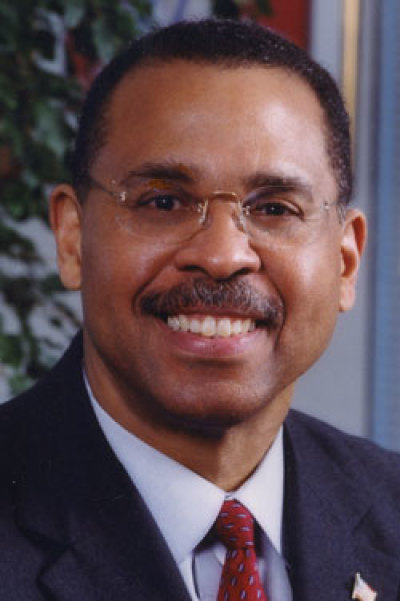The Real Iranian Moderates

Everyone loves to deal with moderates, especially when they represent a rare shift toward moderation for a rogue state. The trouble is that the concept of a moderate is relative. In dealing with the former Soviet Union we heard the term "Politburo moderates" over and over. Reaching out to this fabricated species was an excuse for being nice to despicable governments.
In the case of the Islamic Republic of Iran, reaching out to "moderates" among the ayatollahs' inner circles has been a constant dream of American officials for the past 30 years. These moderates are supposed to be the cure to the Iranian enigma, which has been a unique problem for every US administration for the past three decades.
In the early years when the US made a pivot toward Iran by selling it weapons for the release of hostages in an episode later known as the Irangate Scandal, the underlining logic was to reach out to Iranian moderates. That misjudgment resulted in the biggest crisis of the Reagan administration.
Fast forward 30 years.
Iranian President Hassan Rouhani, is traveling to the EU (Italy and France) this week in a visit that is supposed to hail a new era of relations with the West. Many have embraced him as a supposed "moderate" within the regime.
We can choose to forget his background as a key official of the regime for the past 30 years, including his membership in key institutions such as the Assembly of Experts, Expediency Council, and National Security Council. We can even forget his role as the regime's chief nuclear negotiator and the fact that he bragged about duping the West; and we can ignore his past and present involvement in human rights violations including the execution of 2200 individuals during his term in office. Let's say we even pretend that his administration has not been fomenting violence in Yemen and Iraq and giving unyielding support to Syrian dictator Bashar al-Assad.
In that case, what can we expect of the supposedly moderate Rouhani? What should his next step as a true moderate be, now that we have given him the benefit of the doubt, as well as giving him what he asked for?
While in Europe, Rouhani could use all of his political capital and prove he is a true moderate by:
1. Announcing a moratorium on executions.
2. Calling for the abolition of capital punishment for juvenile offenders, and ending Iran's role as one of the last executioners of children.
3. Calling for the release of all political prisoners, including religious and ethnic minorities.
4. Making a public commitment to protecting freedom of speech, association, religion and political opinion.
5. Renouncing discrimination against women, ethnic and religious minorities, and those disenfranchised by the current political system.
6. Rejecting Iran's massive backing of the Assad dictatorship,
7. Reining in the regime's policy of supporting terrorist organizations, from Hezbollah in Lebanon to Shiite militias destabilizing Iraq.
8. Publicly rejecting the policy of calling for "death to America" and "death to Israel."
The stage is set for Rouhani to prove his moderation.
But unfortunately, none of these things are likely to come to pass. No matter how hard we try to forget his past, or how much hope we have for the present, Rouhani is who he is; the President of a ruthless theocracy, loathed by Iranian people, and spreading terror and instability throughout the region.
The illusion of moderation is just that, an illusion without a real connection to policies or facts. It takes quite a lot of imagination to forget who Rouhani was, and to be blind to what his policies in Iran are right now.
The real moderates in Iran are those who are imprisoned for fighting for democratic change; for believing that they have the right to choose their own President, without the approval of a Supreme Leader, to live in a secular and democratic country which does not execute people in public. The real Iranian moderates will be demonstrating in Paris on January 28, as Rouhani arrives there. They are the activists and supporters of the People's Mojahedin Organization of Iran (PMOI/MEK) and the political coalition of the National Council of Resistance of Iran. They are supporters of NCRI President Maryam Rajavi's 10-point plan for the future of Iran, which describes a secular, democratic, pluralistic state, built on the principles of true moderation.
And if there is doubt left about Rouhani's true colors, it is worth noting that when the Reagan team went to Tehran in 1986 with the good intention of dealing with the illusionary moderates, one of their main interlocutors was none other than Hassan Rouhani.
When are we going to learn? After 30 years of searching the mullahs' regime for fictitious moderates, it's time to look outside of the regime for Iran's true moderates.




























